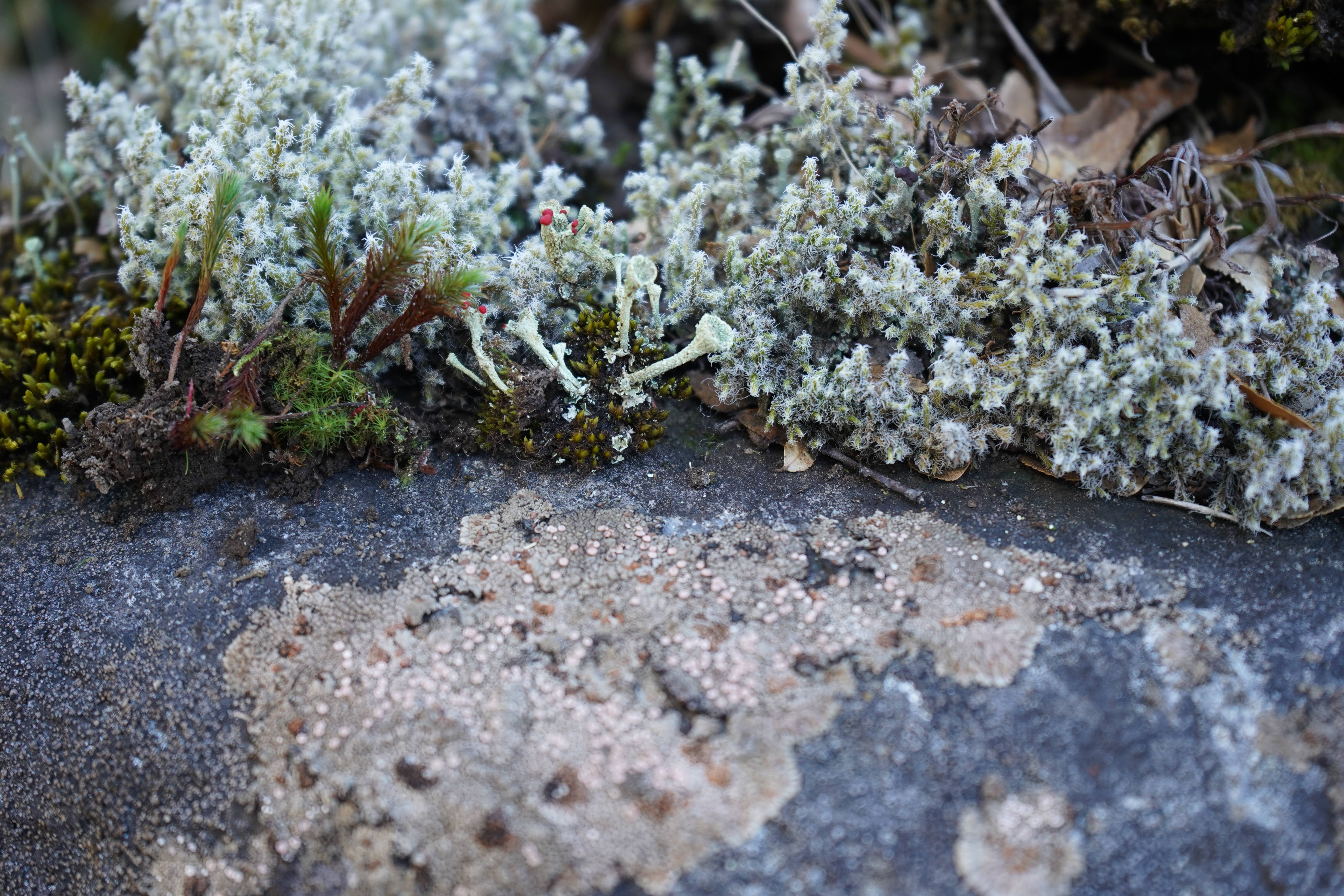
- open call
- 2020-2021
BLACK EARTH POSTPONED
Within both a global and local context characterized by huge climatic shifts and ecological catastrophe, we need to learn how to live with the earth in a way that is restorative instead of destructive, whilst at the same time creating resilient communities that are able to adapt to sudden changes. The question then arises: how do we imagine living on a worldwide scale whilst also fostering a hyperlocal connection to our community and ecosystem? Or in Bruno Latour’s words, how can we be capable of ‘attaching oneself to the soil on the one hand, becoming attached to the world on the other?’
Valley of the Possible’s 2020 research program draws inspiration and hope from a phenomenon called Terra Preta (Black Earth): a discovery that gives rise to the likelihood of parts of the Amazon Rainforest being a carefully constructed environment instead of a pristine wilderness. The hypothesis posits that the abnormally black and fertile earth found scattered around was created by the patient persistence and techniques of Indigenous cultures to maintain the fertility of one of the most vulnerable and important ecosystems on earth. An example of thoughtful human planning and landscape design evolving throughout thousands of years.
How can we draw inspiration from that legacy and turn towards our food systems and gardens as a revitalizing force, countering the current narrative?
What are ways to interact with- and carefully construct- our environment, and how can we learn not to be afraid of our impact?
In May 2019, our initial pilot project began to articulate all the various layers in which the valley is situated, including its historical, social, ecological, geographical and political contexts. Based on that exploration and its outcomes, we now direct our second research program to focus on the creation of regenerative and reciprocal knowledge-sharing, departing from the natural order of things and guided by local and Indigenous ways of interacting with the biotic community.
In this program we investigate all sorts interactions with ecosystems and food systems that stimulate biodiversity and resilience, some of which are related to the ancient history and culture of the Mapuche and Pehuenche people that originate from this region called Wallmapu (also known as La Araucanía). We consider Indigenous perspectives and contemporary knowledge, both of which are central to a new plant philosophy and can deliver political as well as epistemological solutions to global environmental challenges.
For the duration of the full six-week period, Valley of the Possible will organise a tailor-made program: with the first two weeks being immersive and guided, and the last four weeks predominantly self-guided. This program consists of various trips into the valley as well as surrounding areas and (Indigenous) communities, visiting examples of gardens, national parks and ecological reserves guided by biologists, farmers, chefs and specialists from local universities.
It also features guest lectures and workshops by Indigenous seed keepers, wild food (edible plants and fungi) foragers, regenerative agriculture experts, philosophers, artists, Mapuche and Pehuenche leaders and community spokespeople. We will screen relevant documentaries about Mapuche, Pehuenche and Chilean culture, as well as supply a small library of relevant books. In addition to the program, we offer access and introductions to a broad network of art and science institutions and universities in Chile, Latin America and The Netherlands. After the immersive program period, there is time and freedom to deepen your practice, work on your own projects and to go on self-guided trips in the area.
Apart from the program and the self-guided trips, we ask (though do not demand) our participants to consider dedicating a few hours per week to the earth and community they will become part of.
Obviously this postponement makes us sad, as this years theme couldn't be more urgent, especially with regards to the Covid-19 virus we are all facing. Resilient communities and biodiversity is what the world needs right now and more than ever we see the necessity to repair the threads that connect us to community, to ourselves and to wider nature.
We are currently in the process of discussing dates and options to postpone the complete program and residency to exactly one year later, more on this soon.